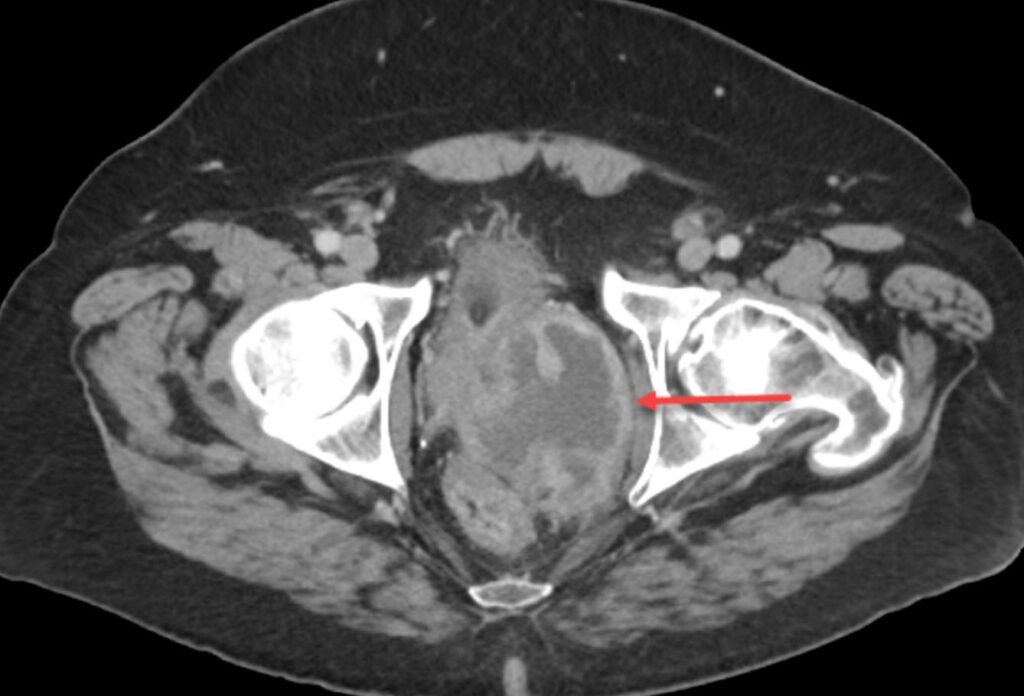The prostate is a small gland, usually about the size of a walnut, that is situated just below the bladder and above the penis. The urethra passes through the prostate, which produces fluid that is mixed with sperm to create semen. When the prostate enlarges, it places pressure on the bladder and the urethra, which can cause urinary problems.
The prostate is made up of four zones:
- Peripheral zone. The area most easily felt during the standard digital rectal exam and the zone from which prostate cancer tends to develop.
- Transition zone. This surrounds the part of the urethra that passes through the prostate. It enlarges as men age, causing benign prostatic hyperplasia and consequent urinary symptoms.
- Central zone
- Anterior fibromuscular stroma
The prostate can become enlarged for a variety of reasons. The most common are:
- Prostatitis. Inflammation of the prostate that can occur in men of any age. There are several types of prostatitis, including infectious acute or chronic bacterial prostatitis, nonbacterial prostatitis, also known as chronic pelvic pain syndrome (CPPS), and asymptomatic inflammatory prostatitis in which an affected person will not show any symptoms.
- Benign prostate hyperplasia (BPH). Benign prostate hyperlasia is a benign, non-cancerous enlargement of the prostate, usually found in men older than 50 years of age. ‘Hyperplasia’ means that the number of cells increases.
- Prostate cancer. Cancer of the prostate, mostly originating in the peripheral zone. Prostate cancer can spread to other areas of the body.

Symptoms of an enlarged prostate
Because the prostate is positioned so close to the bladder, penis and rectum, most disorders which cause enlargement of the prostate share several basic symptoms.
- An urgent, at times uncontrollable, need to urinate, which may lead to incontinence if the person can’t make it to the bathroom in time
- Trouble urinating
- Frequent urination
- Urinary hesitancy, i.e. slow start till urine streams out
- Weak flow of urine
- Frequent need to urinate at night, known as nocturia
- Intermittent flow, i.e. stopping and starting
- Leaking or dribbling urine
Good to know: In severe cases of an enlarged prostate, whatever the cause, urinary retention (being unable to completely empty the bladder) may also occur.
In addition, prostatitis may also have some or all of the following symptoms:
- Hematuria (blood in the urine) or blood in semen
- Pain in the penis and testicles
- Burning or painful sensation during urination
- Painful or difficult ejaculation
- Urethral discharge
- Pain and/or pressure in the rectum
- Painful defecation (painful bowel movements)
- Discomfort and/or pain in the genitals, groin, lower back and/or lower abdomen
- Recurring urinary tract infections (UTIs)
- Loss of desire and drive
- Postcoital pain
Good to know: A lot of the urinary symptoms above could also be caused by diabetes or may be related to the use of certain medications. If any of these symptoms are detected, it is of paramount importance that a physician is consulted and the cause diagnosed, so that appropriate next steps can be taken.


